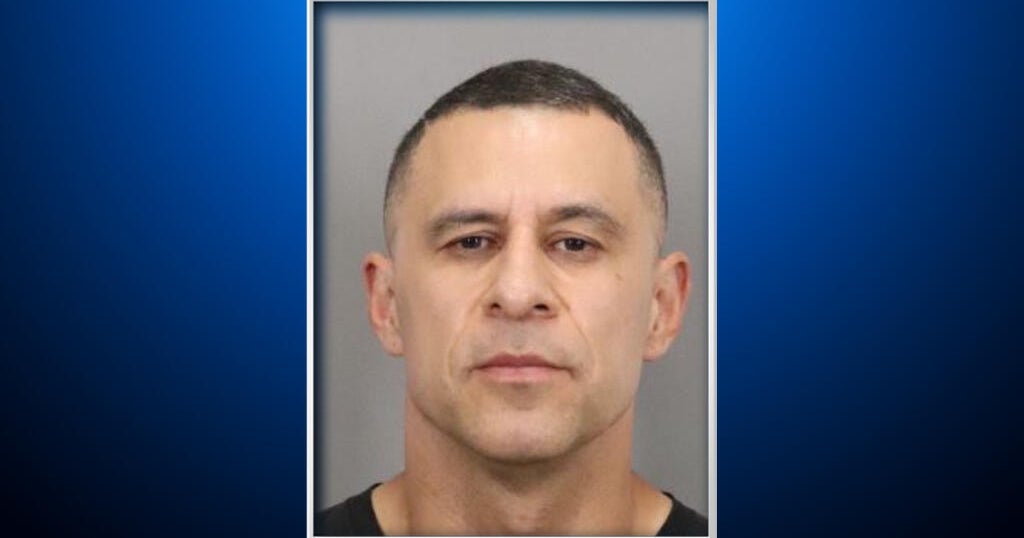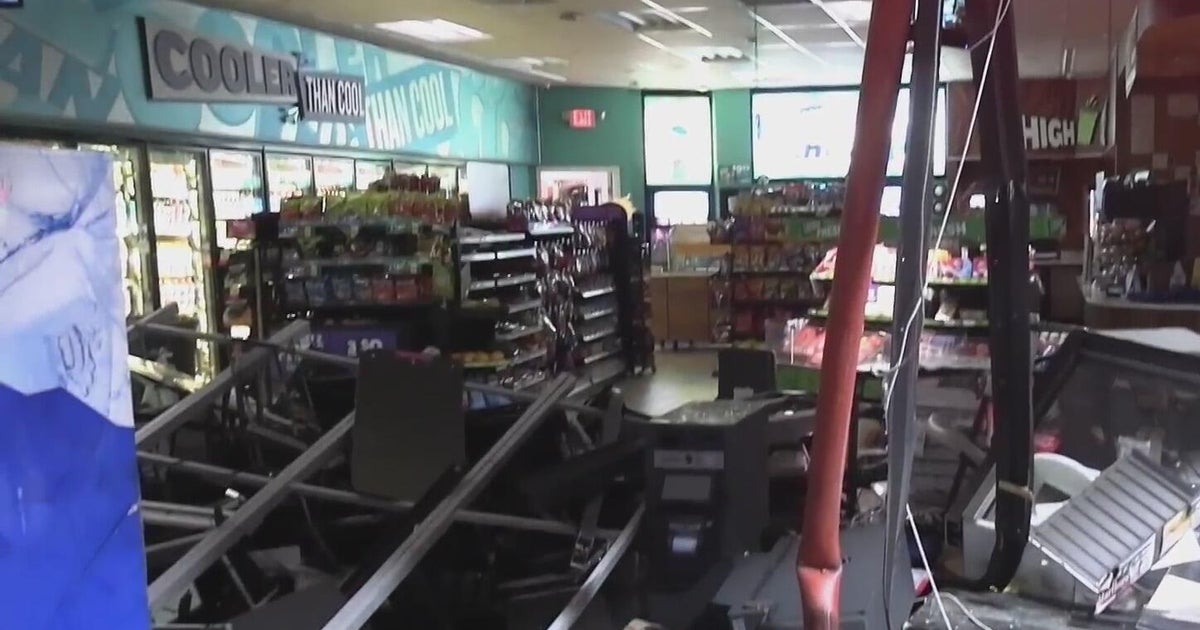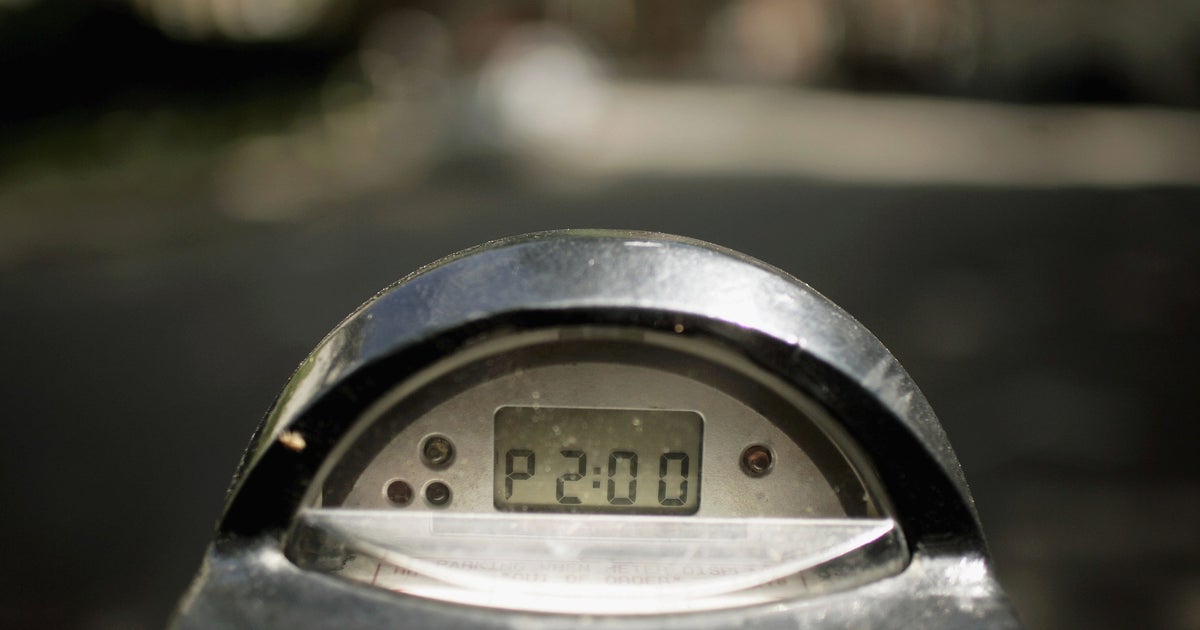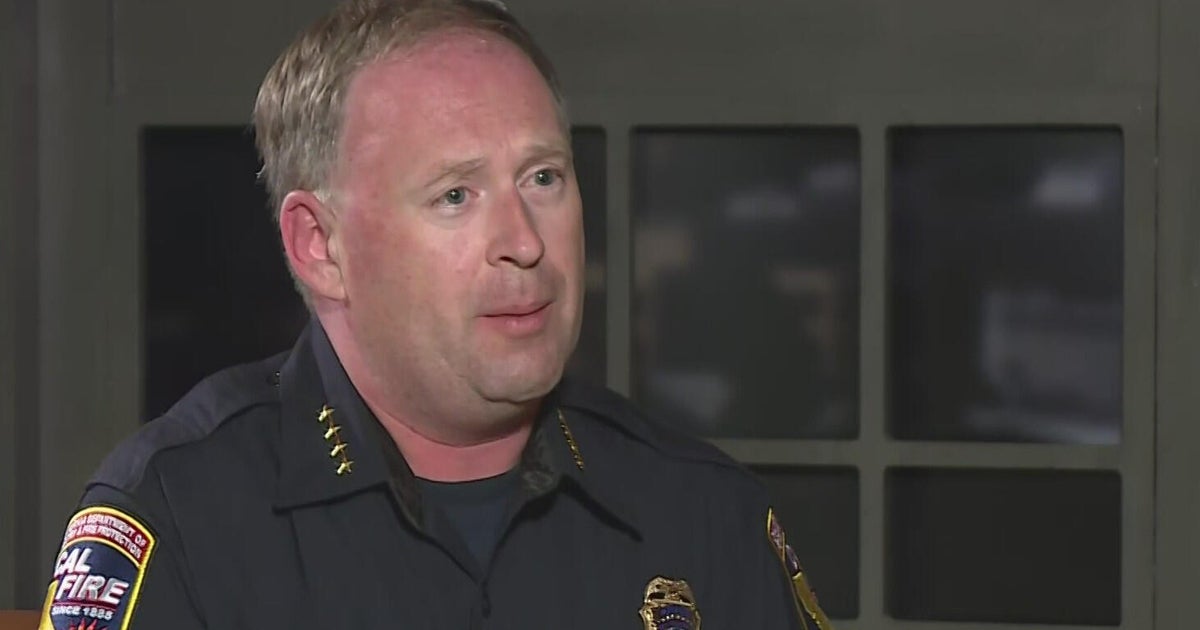Oakland Police Department Issues 33 Disciplinary Actions for Tear Gas Use at 2020 George Floyd Protests
OAKLAND (CBS SF) -- Police officials in Oakland on Wednesday offered some details regarding nearly three dozen disciplinary actions against officers for using tear gas during the city's George Floyd protests a year ago.
The admission and apology from Oakland Police Chief LaRonne Armstrong comes a year after the protests and follows repeated denial of wrongdoing by the department.
Police officials said 33 allegations against officers during the four days of protests in question were sustained by the department. Some officers face multiple disciplinary actions.
The discipline ranges from written reprimands to several suspensions from duty for a certain number of days, police said.
Armstrong opened his comments on police actions during the protests that happened between May 29 and June 1 of last year by saying when he took the job, he said that he "...would be transparent, that I would hold our department accountable."
He also noted the importance that law enforcement "recognize the call for reform and the call for change" before discussing the protests. Armstrong said that the gatherings in Oakland surrounding Floyd's death were mostly peaceful, "but we also had protests that were related that became violent."
He called the stretch at the end of May and early June last year one of the toughest in the department's history.
Armstrong noted that officers faced many challenges and were targeted with thrown rocks and bottles in addition to the fatal shooting of federal officer Dave Patrick Underwood by right-wing extremists on May 29.
He said all four days of protest activity were independently reviewed by OPD's internal affairs, Oakland's Community Police Review Agency, an independent contractor and a force review board regarding use of force and possible misconduct by officers.
Armstrong said that instances of police use of force in response to the events on the first day of protest were mostly found to be in compliance with department policy with one sustained finding for May 29.
The reviews found that all use of force by officers was justified on May 30, Armstrong said, while another single finding was sustained for activity on May 31, the day when looters targeted marijuana dispensaries and other businesses on International Boulevard.
A majority of the sustained findings fell on June 1, Armstrong said.
On that day, youth led a civil rights march from Oakland Technical High School to Frank Ogawa Plaza at 14th Street and Broadway. As many as 15,000 people gathered during the event. Armstrong said his daughter was there and the gathering was peaceful.
Some from the gathering walked in protest to Eighth Street and Broadway and a couple of bottles were thrown at officers, Armstrong said. Officers deployed tear gas, leading to most of the sustained findings against them, he said.
"I want to be clear, this was not a policy failure," said Oakland Police Chief LeRonne L. Armstrong. "Officers deployed teargas outside of policy."
There was no immediate threat to officers or the public when tear gas was launched on June 1st last year, the chief says. As a result, it is no longer deployed during protests as a matter of routine.
"Command staff will have to approve the removal of gas even into the field," Armstrong explained.
Armstrong said more than 30 disciplinary actions have been issued against an unknown number of officers.
"It ranges from officers all the way up to senior command staff," Armstrong said. "All the way up to the rank of deputy chief."
Armstrong, who was a deputy chief at that time, was not disciplined for his actions, he said.
Over the four days, 33 first responders were injured, including 21 police officers and firefighters. One officer was hit with a Molotov cocktail.
For some, it was the most difficult in their long careers, he said.
Officers facing discipline have been notified of the findings against them and they have a right to due process. That means some officers may challenge the findings against them.
With limited resources, the department was forced over four days to use the same officers and their judgments could have become impaired. Nevertheless, the officers were not allowed to use tear gas June 1 and they are being held accountable.
"The police department violated their own crowd control policy," says Rashidah Grinage of the Coalition for Police Accountability. "That is clear."
Grinage would like more information on the discipline given to officers, but that is prevented by state law.
"Locally, we have a strong police commission," Grinage said. "But even the strong police commission cannot violate the law in terms of making this information available to the public."
The chief will release the number of officers disciplined at an upcoming Police Commission meeting.
Wilson Walker contributed to this story.



